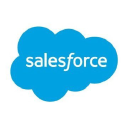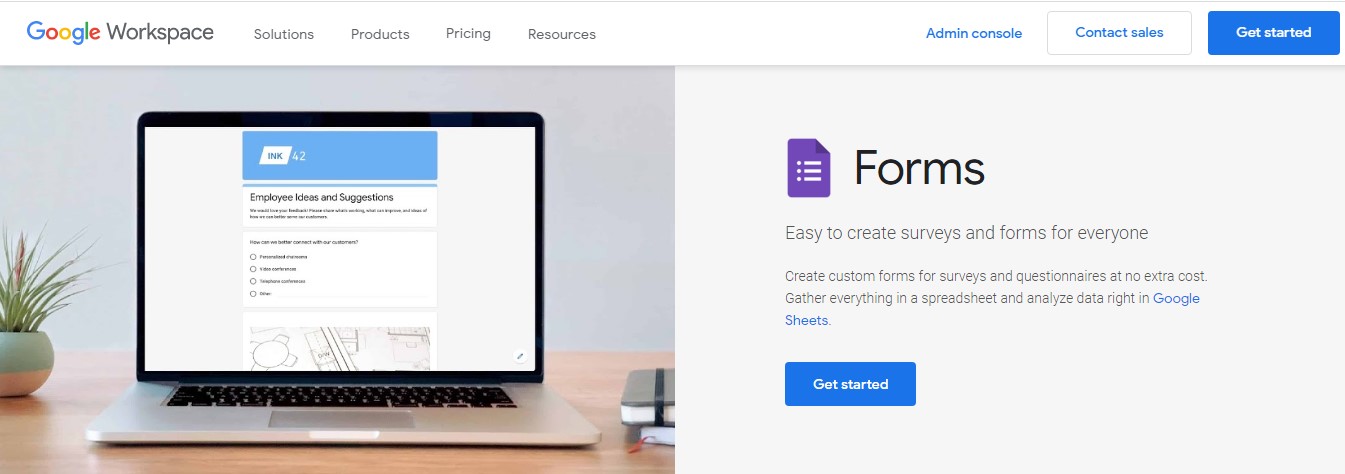How We Built A Promotional Products Business Software
Hi there, I’m Mark Graham, one of the founders of commonsku. commonsku is a CRM, Order Management, and eCommerce software platform designed specifically for the promotional products industry. I co-founded the company with my partner in business and life, Catherine Graham.
We have grown quickly since we launched in 2011. commonsku is the fastest growing software platform in the promotional products industry, currently powering over $1BN of gross merchandise volume.
If you have ever ordered promotional merchandise for your business (think products with a company or organization’s logo), chances are that commonsku was the software that powered the transaction. Much like Shopify is the backend e-commerce system that powers a merchant’s store, commonsku is the backend system of a promotional products company that designs and produces promotional merchandise.
Our vision for commonsku is to streamline the entire ideation and ordering process for the promotional products industry. Since our launch in 2011, commonsku has become the leading operating system for the promotional products industry powering over $1 Billion of gross merchandise volume.




















